81 Inverters for 10 MW: SMA equips Australia`s largest PV rooftop solar system
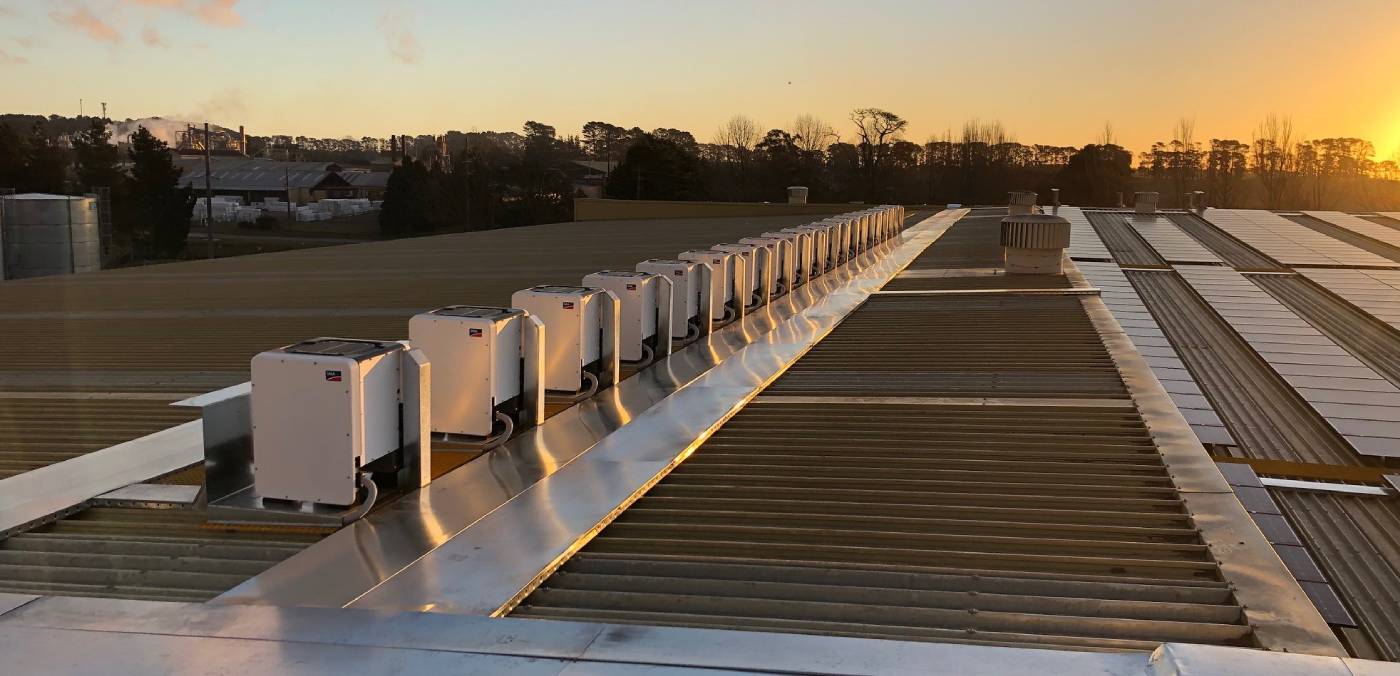
If the energy transition is to succeed and climate change is to be halted, renewable generation must be significantly expanded. To achieve this, large spaces in particular must also be used for solar power production. Like the rooftop of the Australian Panel Products’ (APP) particleboard production and distribution facility – there, earthconnect has built Australia`s largest rooftop solar system under the most challenging conditions.
Energy-intensive industries are currently under tremendous pressure worldwide. How can production, which consumes an enormous amount of electricity, succeed in times of energy shortage? How do companies remain competitive when their production costs are going through the roof due to skyrocketing energy prices? The Australian wood panel producer APP has found an innovative and at the same time sustainable answer to these questions: The company uses the large roof areas of its production and distribution halls for solar power generation.
Covering an area of almost 8 ha, earthconnect, a renewable energy engineering, procurement, and construction (EPC) provider located in Newcastle, New South Wales, has installed the largest rooftop solar system in Australia. The 10 MW record plant has been commissioned in December 2021 and consists of no less than 27,000 panels and 81 SMA inverters.
Roll-out in two stages – 16 MW on the horizon
A plant of this size presented immense challenges to the project designers and installers. Therefore, the project was realized in two phases: In October 2019, a 2 MW system with 6,000 solar modules, utilizing 28 of SMA Sunny Tripower Core1 50,000TL inverters, was installed, followed by an 8 MW extension of this system after the expansion of the facility, complete with 53 of SMA Sunny Tripower Core2 110,000 TL inverters. The extension comprises 21,000 385 W modules spread across approximately 45 kilometers of mounting rail.
But that is not all: earthconnect have installed an additional 3 MW of solar PV capacity to APP’s Central Coast distribution facilities, with an additional 3 combined MW in the latter stages of construction. This will expand their renewable portfolio to more than 16 MW. All of APP’s systems to date have used SMA inverters.
The two inverter models used in Oberon – Sunny Tripower Core1 and Core2 – are characterized by their quick, easy installation, scalability and robustness to weather conditions. In particular, the Sunny Tripower Core1, as the first free-standing string inverter, significantly reduces installation time and effort, as it does not require additional mounting racks. These properties predestine the SMA inverters for use on the exceptionally large rooftop system. In operation, the robustness against demanding weather conditions proved itself. And during construction, the quick and easy installation paid off.
Covid-19, shipping delays and snowstorms could not stop the project
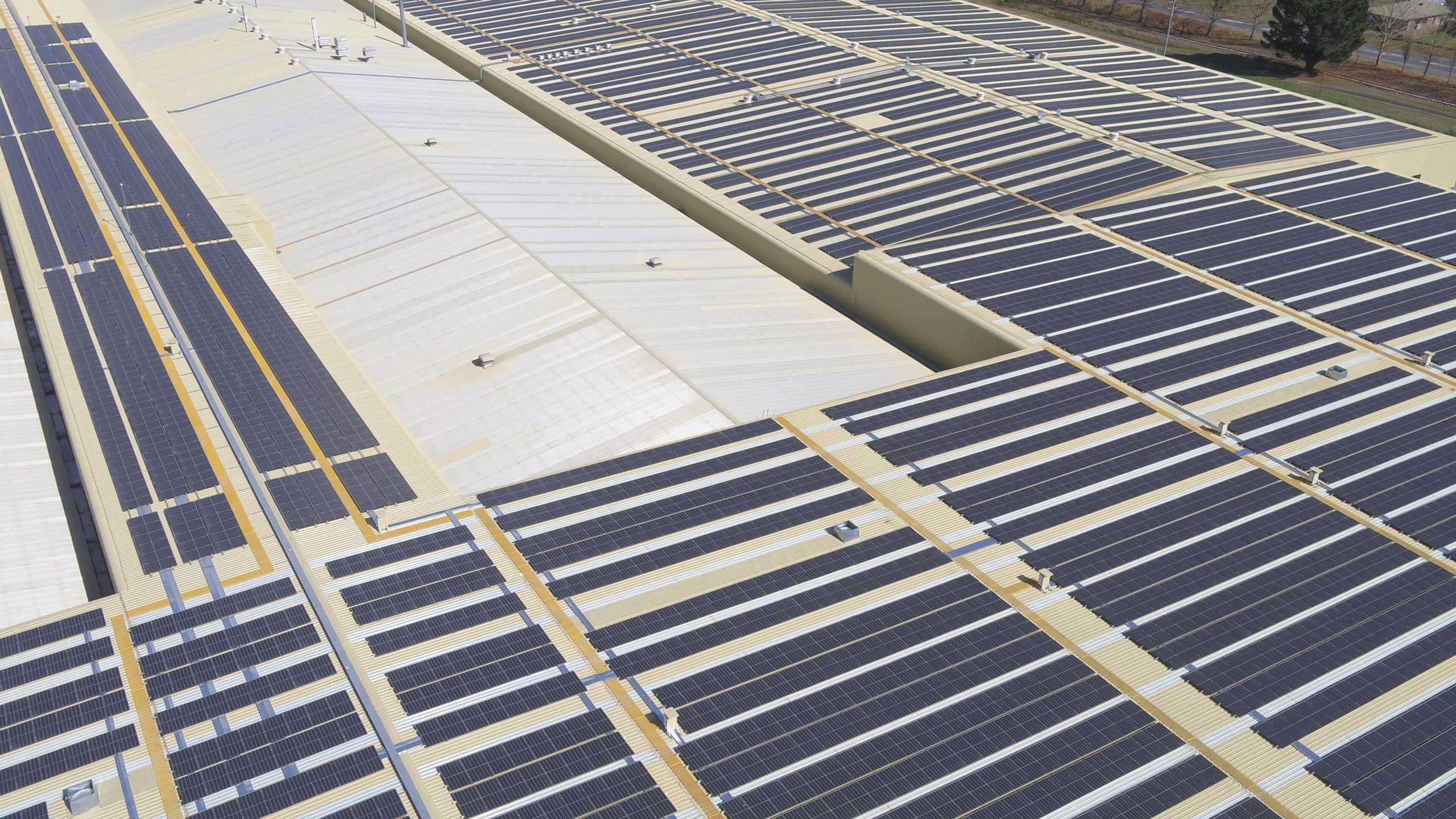 The size of the project is all the more impressive given the challenges faced by project designer, earthconnect. “The biggest challenge for us has been the pandemic, especially with the lockdowns making staff coordination difficult.” Adam James, earthconnect`s CEO, explains. In addition, interruptions to the supply chain had the potential to complicate the implementation of the project. “Obviously, 2021 was not the best year for international sourcing. Container pricing and movements were particularly challenging. However, as a whole, we had contracts established and production allocations set well in advance, allowing us to complete the installation on schedule” Adam James said.
The size of the project is all the more impressive given the challenges faced by project designer, earthconnect. “The biggest challenge for us has been the pandemic, especially with the lockdowns making staff coordination difficult.” Adam James, earthconnect`s CEO, explains. In addition, interruptions to the supply chain had the potential to complicate the implementation of the project. “Obviously, 2021 was not the best year for international sourcing. Container pricing and movements were particularly challenging. However, as a whole, we had contracts established and production allocations set well in advance, allowing us to complete the installation on schedule” Adam James said.
Another major challenge during installation was the inclement weather and the freezing conditions during winter. In fact, it happened that field staff arrived on site to find that the roof and the panels atop buried snow underneath. Nevertheless, the record project was completed on budget and within the nine-month timeframe, starting in February 2021 and completed the week before Christmas 2021.
Turning “unutilized open space” into a green power plant
“The system is a significant achievement in the field, dwarfing the previous record for rooftop systems of 3 MW”, Adam James says. It generates 14 GWh of clean energy each year, all consumed by APP, behind-the-meter at the facility in Oberon, NSW, about 180 kilometers west of Sydney, covering up to 10% of the site’s total energy demand. By comparison, this electricity could supply around 2,000 households for a year.
As a result, the APP site where particleboard is manufactured and distributed saves around 15,000 tons of CO2 annually. Not to mention the cost APP saves by not having to purchase this electricity exclusively at retail cost from the grid. “The client is saving a lot of money on energy using what would otherwise be unutilized open space to generate a lot of clean energy,” Adam James adds. Thanks to these savings, earthconnect says it will take no more than five years for the investment to pay for itself.
How energy-intensive industries become clean power producers
The project provides an impressive demonstration of how energy-intensive industries can use large spaces that would otherwise serve no purpose, to generate sustainable energy. This not only saves them enormous costs and gives them the opportunity to increase their competitiveness, they also reduce their carbon footprint and contribute to the energy transition.

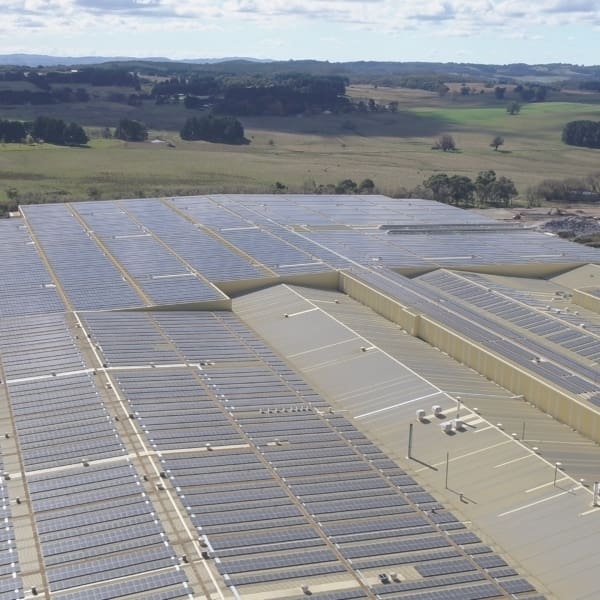
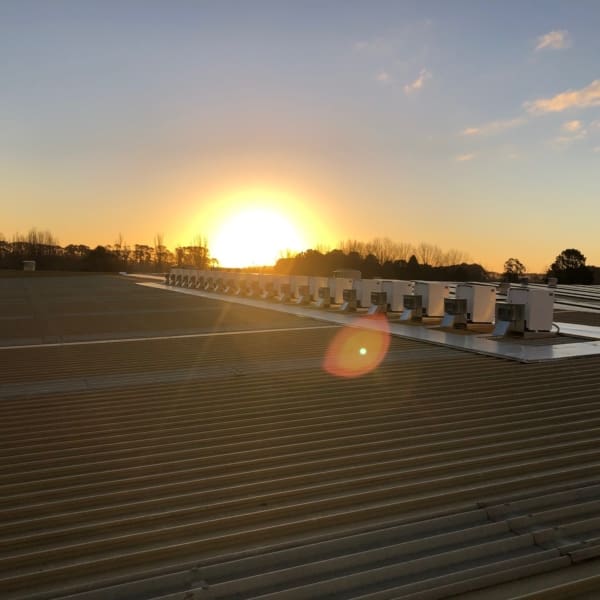
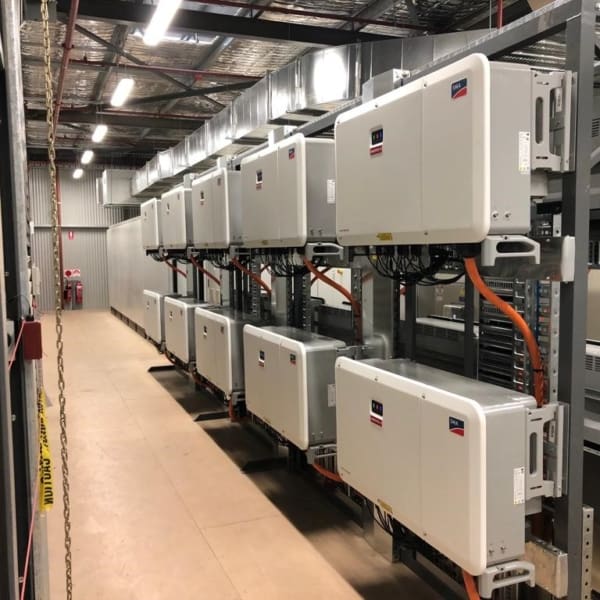
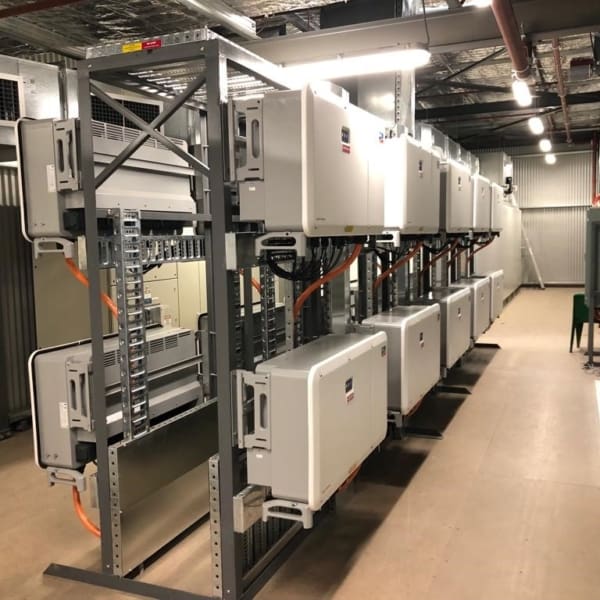
Feel free to contribute!